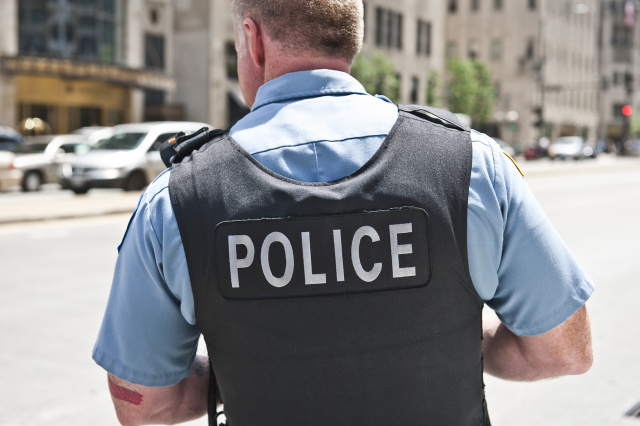
COLUMBUS, OH — Starting next month, Ohio’s police academies will begin implementing the most significant changes to law enforcement training in decades, with a strong focus on active shooter response, threat mitigation, and real-world decision-making.
Attorney General Dave Yost announced the upcoming changes this week, emphasizing that the updated curriculum is more than reform — it’s an investment in modern, skill-based policing tailored to today’s most urgent challenges.
“We’re giving Ohio’s peace officers what they need to do their job — real-world tools and the training to handle the toughest calls,” Yost said.
Beginning July 1, Peace Officer Basic Training (POBT) academies will introduce a newly revised curriculum, which becomes mandatory statewide by January 1, 2026. The overhaul was developed based on recommendations from Yost’s Blue Ribbon Task Force on the Future of Police Training, commissioned in 2023.
🔍 Key Additions:
One of the most notable upgrades includes new courses specifically focused on active shooter scenarios, including threat response protocols and a duty to render aid. Officers will also be trained in ICAT (Integrating Communications, Assessment, and Tactics) — a nationally recognized approach to critical decision-making, tactical breathing, crisis mitigation, and de-escalation.
Other new training includes:
- 44 hours of Basic & Interpersonal Communications and Mediation
- 4 hours of Incident Debrief Training
- 8 hours of Active Shooter/Threat Response + Duty to Render Aid
- 16 hours of ICAT Crisis Response
🧪 Outdated Courses Removed:
To make room for these changes, the task force reclassified or removed 72 hours of older content, such as Blue Courage (now a post-graduation program), CPR and First Aid (now online prerequisites), and speed measuring device training (now optional post-graduation).
🏃 Modified Fitness Standards Boost Graduation Numbers:
In an effort to support law enforcement recruitment without compromising readiness, the Ohio Peace Officer Training Commission (OPOTC) also implemented modified graduation fitness standards in 2024. Cadets are now permitted to graduate if they pass two out of three physical tests, meeting at least 75% of the benchmark on the third. The adjustment has already led to 91 additional cadets graduating — new officers who would have previously been disqualified.
“Updating Ohio’s standards ensures we align with today’s job demands—allowing us to strengthen the force, better reflect our communities, and increase the number of qualified officers on the streets,” said Yost.
The new curriculum aims to modernize Ohio’s law enforcement force, preparing officers for high-stakes, high-pressure situations and equipping them with tools to respond professionally and effectively in a rapidly changing public safety landscape.










